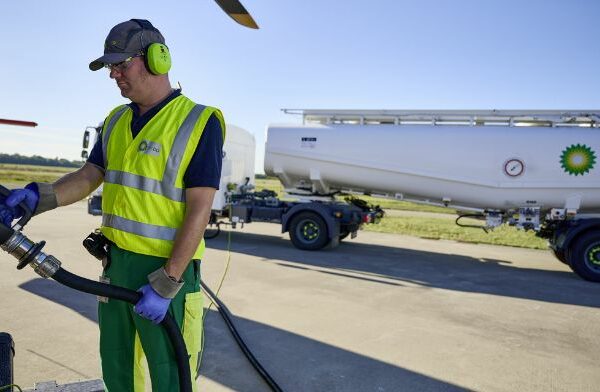Marking a historic milestone for the aviation sector, Aireon – the first ever real-time, global air traffic surveillance system – is now in trial use over the North Atlantic.
The space-based Automatic Dependent Surveillance Broadcast (ADS-B) system provides real-time air traffic surveillance and tracking to 100% of ADS-B equipped aircraft on the planet. In a new era of safety and efficiency, it will revolutionise the way people fly.
“For the first time in history, we can surveil all ADS-B-equipped aircraft anywhere on earth,” said Don Thoma, Aireon CEO. Prior to the system coming on-line, traditional ground-based surveillance covered just 30% of the globe meaning civil aviation authorities, commercial carriers and related industry stakeholders relied upon position updates from aircraft every 10-14 minutes to track aircraft outside of radar coverage.
With the launch of its space-based ADS-B service, Aireon provides a real-time solution to overcoming the challenge of 70% of the world not having real-time surveillance. This will “radically optimise flight safety and efficiency,” underlined Thoma. “The aviation industry has now joined the rest of the 21st century where real-time connectivity is relied upon for doing business.”
According to a joint analysis by NAV CANADA and NATS – the first Air Navigation Service Providers (ANSPs) to use the service, it is expected to reduce overall flight safety risks by approximately 76 percent in the North Atlantic.
Improved visibility and control over previously un-surveilled airspace—especially across oceanic regions—will allow airlines to fly routes at optimal speeds and levels, delivering expected cost savings of up to US$300 per transatlantic flight, plus reducing carbon dioxide emissions by two tonnes per flight, based on an analysis conducted by NATS and the International Civil Aviation Organization (ICAO).
Commenting on the trial of the surveillance system, Martin Rolfe, NATS CEO said: “The trial in the North Atlantic, the busiest oceanic airspace in the world, with over 500,000 flights every year and a forecasted 800,000 flights per year by 2030, will demonstrate to the entire aviation industry, that global, space-based ADS-B can revolutionise the service that we provide to our customers and the travelling public by transforming the way we perform air traffic management over remote regions.”





